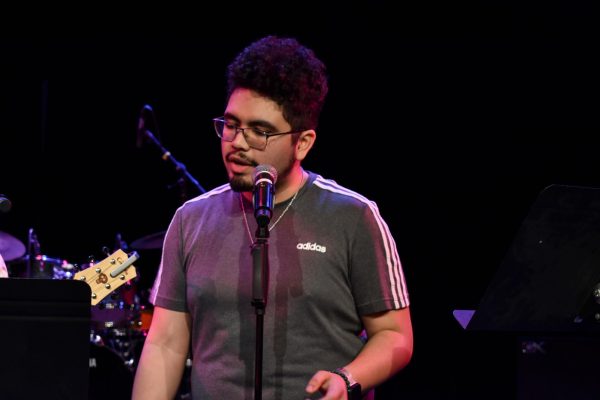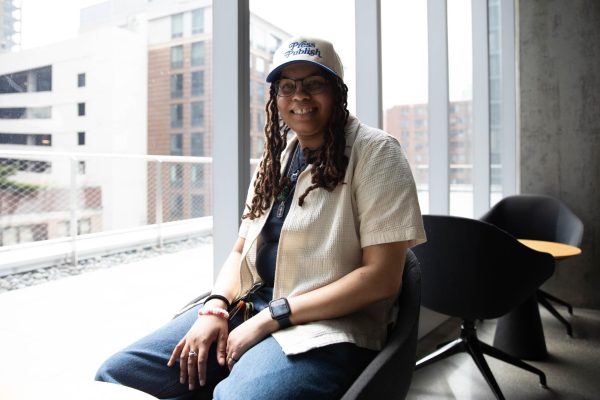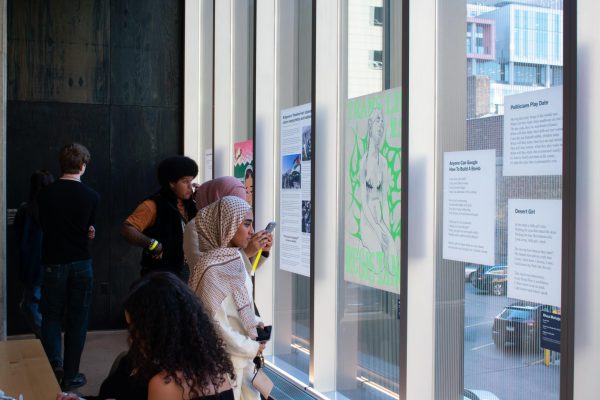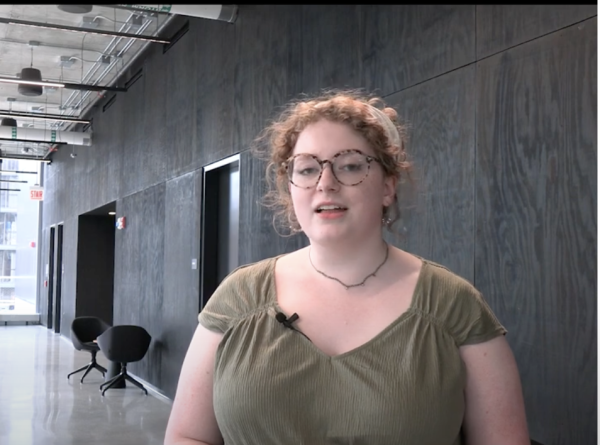Columbia locks and loads to fight Y2K problem
October 26, 1998
Tim Delaney
Staff Writer
With the looming Year 2000 Computer (Y2K) problem, Columbia College is attempting to minimize any damage that might occur.
Columbia announced in June of this year that it has signed an agreement with PeopleSoft Corporation of Pleasanton, California, who will help guide the school in dealing with Y2K problems. Northwestern University, the School of the Art Institute of Chicago, and the University of Wisconsin-Madison, among others, have also selected PeopleSoft Corp. to aid them with their Y2K computer issues. PeopleSoft Corp., a leading manufacturer of educational software, will help Columbia by providing solutions to the Y2K problem and aiding in other technological areas like the integration of different systems.
The Y2K problem stems from current software programs’ dating systems that were first produced over three decades ago. Existing software uses six digits — two each for the day, month and year. The “19” before the year was dropped to save keystrokes and memory space in computers. Thus, when the new millennium arrives, computer systems everywhere will be unable to differentiate between the years 1900 and 2000.
Columbia College’s software was written in the late 70s and early 80s, and like many other colleges and universities, the school must confront the Y2K issue. The college began reviewing its systems in May of 1997 to determine which would demand immediate attention because of the Y2K problem. It was decided that system problems with accounts payable, payroll, budget, purchasing, admissions, human resources, and general ledger needed to be addressed, so as not to wreak havoc on Jan. 1, 2000.
“Most schools are addressing the Y2K problem with a sort of combo solution,” said Micheal Desalle, Columbia’s Vice President of Finance. According to DeSalle, a Management Information Systems (MIS) strategic three year plan was written and accepted recently by the MIS Department.
The plan discusses the schools’ goals in terms of updating its administrative and communications systems while tackling the Y2K problem. The plan also unveils the college’s technological vision for future web-based applications such as registering for classes via the web. The college hopes to combine information concerning students, staff and faculty into a “seamless process that will empower various college constituencies in their information research efforts.” Essentially, the school envisions a computer system that flows easily from program to program so that training is less complicated.
DeSalle said that the plan is to have the software implemented by the end of this month and in the developmental phase through November. The school has selected KPMG PeatMarwick to sub-contract the job and to help implement and trouble-shoot the software.
Barring any complications, the school plans to “go live” with its new computer system on Jan. 1, 1999, with five modules. Payroll, human resources, accounting, payables, and purchase orders will be the five systems “live” in January. If there are no major difficulties with these functioning modules, then it’s conceivable that three more modules will up and running in August of 1999, according to DeSalle.
Although questions still loom concerning how Columbia College and other organizations worldwide will handle the Y2K problems, DeSalle admits to feeling a little more relaxed about the computer situation here, now that a deal has been worked out with PeopleSoft Corp.







